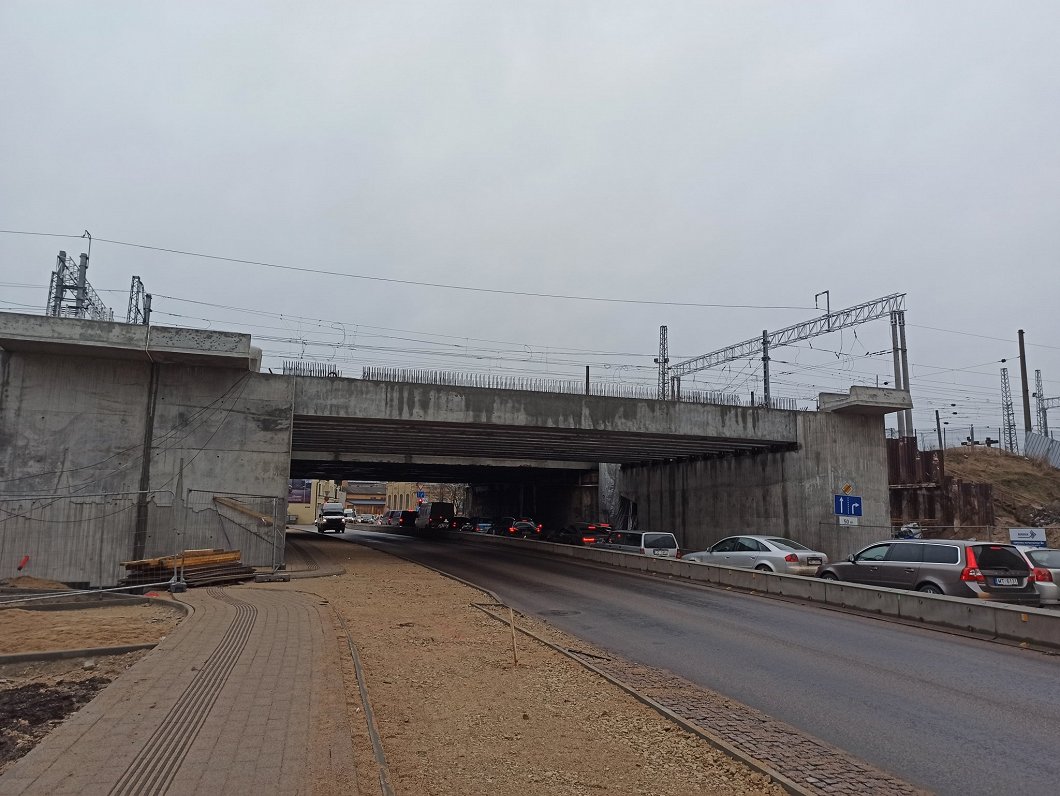Trautmann said that, on the one hand, delays were justified and normal for these types of projects. The war in Ukraine and also the Covid-19 pandemic, which created new challenges for all major projects, must be taken into account. Now the high energy prices, inflation, and the availability of building materials and labor must also be taken into account so it's important to be realistic.
"We in the European Commission want the main project route to be completed by 2030 and trains to start running. We need to complete this corridor! If the three Member States and RB Rail cannot complete the construction of this infrastructure in time, it will be challenging for us to explain why more money is needed. Discussions on this will take place in 2028," Trautmann said.
In the current geopolitical circumstances, the role of Rail Baltica in providing military mobility has become clearer.
“In the past, it was a priority. Now it's a need. On a political level, governments have never been so active in implementing this project. This is very good news. But now my message is clear to them: Please use the money!” Trautmann said.
She also believes it is time to talk about what services will be received by residents. Public talks should be made about trains, cars, seats, ticket prices, and the like in order to prepare the public for new trains to enter.
The management of RB Rail said it is currently taking steps to start the construction process soon. Chairman of RB Rail Board Agnis Drīksna promised that the railway would be completed between 2028 and 2030.
"We see that the project has already entered the next maturity stage, where actual jobs are taking place in all countries. Yes, for the time being, they are still spotty: whether it would be the Central Station in Riga or whether it would be a station in Tallinn. Meanwhile, 2023 will be the year we start massive construction outside cities and other sites," Drīksna said.



























